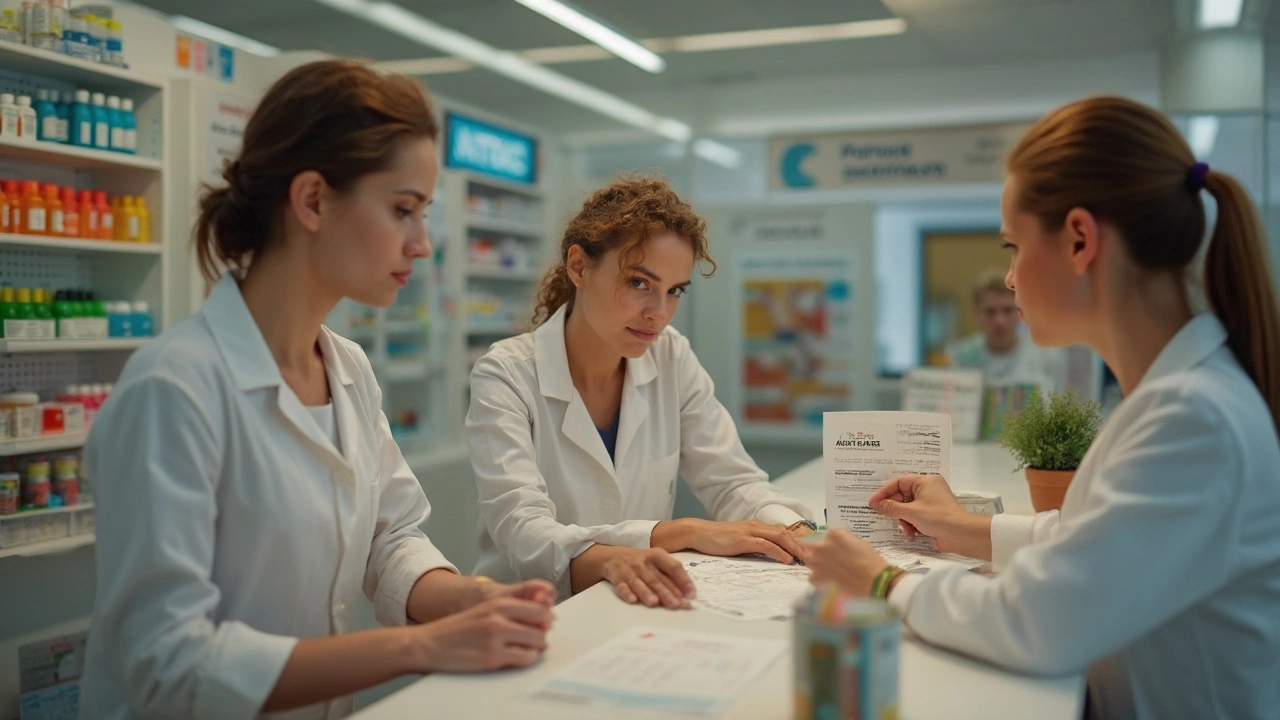Antibiotic Safety: What Every Person Should Know
Antibiotics can save lives, but only when we use them the right way. Too many people take them for the wrong reasons, skip doses, or stop early, and that fuels resistant bugs and nasty side effects. In this guide you'll find straight‑forward tips to keep antibiotics effective and protect your health.
Why Proper Use Matters
When an antibiotic kills the bacteria it’s meant for, it also puts pressure on other microbes in your body. If you quit early or take a lower dose than prescribed, the surviving bacteria learn to survive future treatments. That’s how resistant infections spread – and they’re harder, costlier, and riskier to treat.
Besides resistance, each antibiotic comes with its own set of side effects. Some cause stomach upset, others can affect your liver or kidneys. Knowing what to expect helps you spot problems early and talk to your doctor before things get serious.
Practical Tips for Safe Antibiotic Use
1. Follow the exact prescription. Take the medicine at the same times each day, finish the full course, and never share leftovers with friends or family. If you’re unsure about the schedule, set a reminder on your phone.
2. Keep track of interactions. Many antibiotics don’t play well with other drugs, alcohol, or even certain foods. For example, some need to be taken on an empty stomach, while others are safer with food. Your pharmacist can give you a quick cheat sheet.
3. Watch for side effects. Common signs to monitor include nausea, diarrhea, rash, or unusual fatigue. If you notice severe reactions such as difficulty breathing, swelling, or a high fever, seek medical help right away.
4. Ask before you ask for antibiotics. Upper‑respiratory infections like colds and flu are viral, not bacterial, so antibiotics won’t help. Let your doctor know your symptoms; they might suggest rest, fluids, or a different treatment.
5. Store them properly. Keep antibiotics in a cool, dry place unless the label says otherwise. Discard any expired pills; they lose potency and could cause unexpected side effects.
Following these steps not only protects you but also helps the whole community keep antibiotics working for years to come. Remember, the best defense against resistant germs is smart, responsible use.
If you ever feel unsure about a prescription, call your pharmacy or doctor. A quick question can save a lot of trouble later. Stay informed, stay safe, and use antibiotics only when they’re truly needed.
